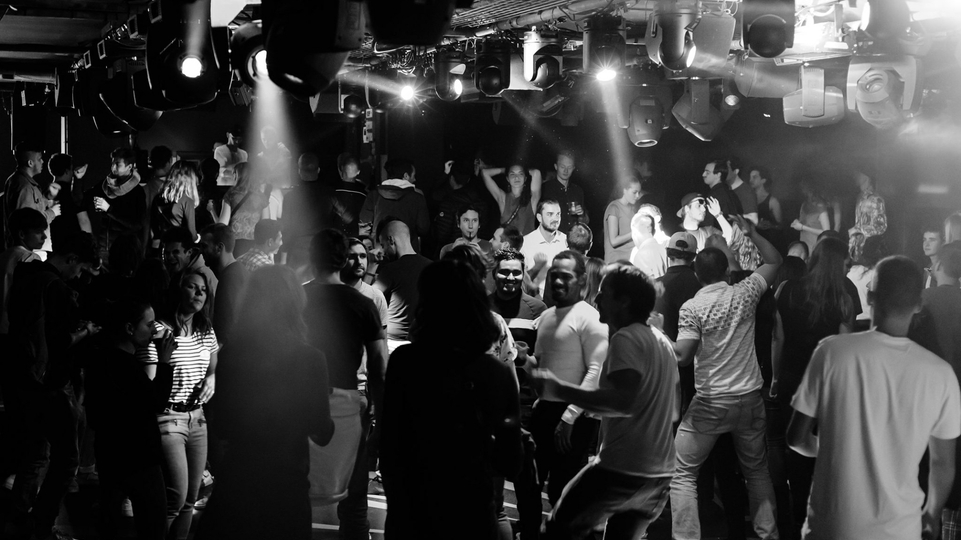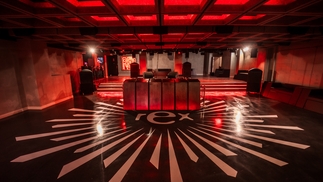Clubs in France to shut for at least four weeks due to Covid-19 concerns
New Year's Eve cancelled in major blow to the sector's recovery

Clubs in France will shut for at least four weeks in a bid to curb rising Covid-19 infections and slow the spread of the new Omicron variant.
The announcement was made in a press conference on Monday 6th December, as the country recorded 11,308 new coronavirus cases the same day. A number of other restrictions are being introduced, with schoolchildren facing stricter social distancing rules and an extension of face-covering guidelines.
Crucially, though, tighter regulations have not been set for the population overall. Those who have chosen not to be vaccinated, or are yet to receive jabs, are also not being targeted as is the case in a number of other European countries, including Germany, where clubs must close in areas recording more than 350 coronavirus cases per 100,000 people, with Berlin venues only open to vaccinated attendees and working under a 'no dancing' order'. Gigs of all kinds are now only open to the inoculated.
"We have all had a tendency to lower our guard," said French Prime Minister Jean Castex, who only left quarantine last week after receiving a positive test for COVID-19. He also recommended that employers should encourage working from home and social engagements, for example, office parties, should be kept to a minimum or avoided.
No date has been set for the new guidelines to be eased. At the time of writing, clubs will remain shuttered until at least 7th January 2022.
"Once again there's no clampdown for any other sector," Thierry Fontaine, of the Union of the Trade and Hospitalities Industries, told France24. "They cancel New Year's Eve for us... but they'll be dancing in all the restaurants."
The news is a huge blow to the sector, and comes less than one week after the announcement that venues including Macadam, La Machine Du Moulin Rouge, Rex Club, Le Petit Salon, and Le Sucre confirmed they were campaigning for cultural status. A concept directly responding to the enormous financial difficulties the sector has faced as a result of coronavirus-related closures.
Elsewhere in Europe, Italy has also announced new restrictions, banning unvaccinated people from attending all music venues, cinemas, theatres, sports events, restaurants, and bars. From Monday, only those in possession of a Covid Super Green Pass can take part in such public activities.
Meanwhile, Poland will shut clubs from 15th December, with all other venues running at 30% capacity. Indoor events of more than 4,000 people are banned in Belgium from 11th December, and Romania has decided to reduce capacities to 50% with a maximum of 1,000 attendees. Covid passes are now legally required in Denmark for indoor gatherings of 100 people or more and outdoor events with 1,000 or more.
In the UK, MPs will vote today on whether to switch to a so-called Plan B for dealing with coronavirus during winter. This could mean recommendations to work from home, an increase in situations where face-masks are mandatory, and the introduction of so-called Covid passports. The closure of venues such as nightclubs is not believed to be included, as recently happened in the Republic of Ireland.





